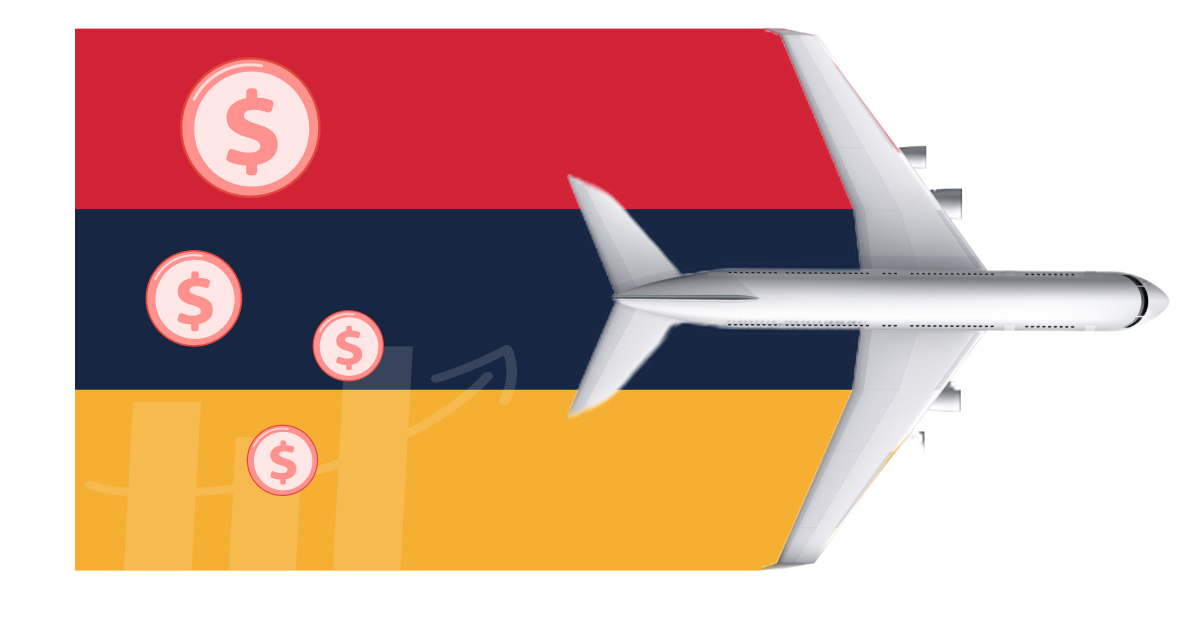
GroupRM – Streamlining Offer And Order Management For Airline Group Customers
The airline industry has long relied on Passenger Service Systems (PSS) and Global Distribution Systems (GDS) to support the group booking process. However, most airlines

The airline industry has long relied on Passenger Service Systems (PSS) and Global Distribution Systems (GDS) to support the group booking process. However, most airlines

Airlines worldwide have faced numerous data breaches, compromises, and loopholes resulting from outdated management systems and technical issues. According to IATA, airline fraud costs approximately

Given how the airline industry must contend with heavy regulation, wildly fluctuating fuel prices, and many more challenges that threaten it daily, they have strived

Airlines are increasingly flooded with group booking requests, and there is every reason to believe these valuable revenue-generating opportunities are squandered. All thanks to legacy

Airlines are constantly looking for new revenue streams that win them loyal passengers. Given how the coronavirus pandemic has devastated the travel sector, it has

It is no secret that before the pandemic, the airline sector was booming. Companies were constantly expanding their travel budgets, and airlines took full advantage

Today’s tech-savvy passengers would like to search and book their flight tickets from the airline websites or other online portals. The process of online booking

Schedule a Call